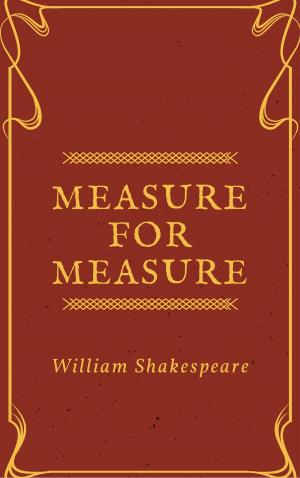Barbarism of Berlin
Nonfiction, History, Military, World War I, Germany, Social & Cultural Studies, Political Science| Author: | G. K. Chesterton | ISBN: | 1230000245272 |
| Publisher: | Consumer Oriented Ebooks Publisher | Publication: | June 7, 2014 |
| Imprint: | Language: | English |
| Author: | G. K. Chesterton |
| ISBN: | 1230000245272 |
| Publisher: | Consumer Oriented Ebooks Publisher |
| Publication: | June 7, 2014 |
| Imprint: | |
| Language: | English |
Before we go on to the deeper things which make this war the most sincere war of human history, it is as easy to answer the question of why England came to be in it at all, as it is to ask how a man fell down a coal-hole, or failed to keep an appointment. Facts are not the whole truth. But facts are facts, and in this case the facts are few and simple. Prussia, France, and England had all promised not to invade Belgium. Prussia proposed to invade Belgium, because it was the safest way of invading France. But Prussia promised that if she might break in, through her own broken promise and ours, she would break in and not steal. In other words, we were offered at the same instant a promise of faith in the future and a proposal of perjury in the present. Those interested in human origins may refer to an old Victorian writer of English, who, in the last and most restrained of his historical essays, wrote of Frederick the Great, the founder of this unchanging Prussian policy. After describing how Frederick broke the guarantee he had signed on behalf of Maria Theresa, he then describes how Frederick sought to put things straight by a promise that was an insult. "If she would but let him have Silesia, he would, he said, stand by her against any power which should try to deprive her of her other dominions, as if he was not already bound to stand by her, or as if his new promise could be of more value than the old one." That passage was written by Macaulay, but so far as the mere contemporary facts are concerned it might have been written by me.
Before we go on to the deeper things which make this war the most sincere war of human history, it is as easy to answer the question of why England came to be in it at all, as it is to ask how a man fell down a coal-hole, or failed to keep an appointment. Facts are not the whole truth. But facts are facts, and in this case the facts are few and simple. Prussia, France, and England had all promised not to invade Belgium. Prussia proposed to invade Belgium, because it was the safest way of invading France. But Prussia promised that if she might break in, through her own broken promise and ours, she would break in and not steal. In other words, we were offered at the same instant a promise of faith in the future and a proposal of perjury in the present. Those interested in human origins may refer to an old Victorian writer of English, who, in the last and most restrained of his historical essays, wrote of Frederick the Great, the founder of this unchanging Prussian policy. After describing how Frederick broke the guarantee he had signed on behalf of Maria Theresa, he then describes how Frederick sought to put things straight by a promise that was an insult. "If she would but let him have Silesia, he would, he said, stand by her against any power which should try to deprive her of her other dominions, as if he was not already bound to stand by her, or as if his new promise could be of more value than the old one." That passage was written by Macaulay, but so far as the mere contemporary facts are concerned it might have been written by me.















